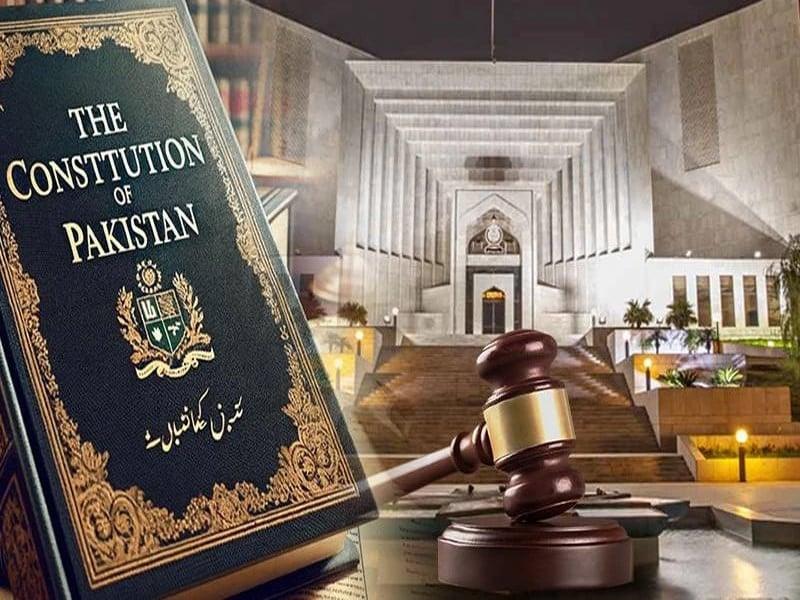Islamabad:
Head of a Constitutional Bank (CB) of the Apex Court has observed that the transfer of a judge from one superior court to another is a process, which cannot be completed without the consent of all those involved.
“The President has the authority to transfer a judge, but the process may end if the judge in question or the president of the Superior Court of his own Superior Court or the President of the Superior Court of the Superior Court, where he is being transferred or the president of the president of Pakistan does not agree with him,” Judge Muhammad Ali Mazhar said.
Judge Mazhar directed a CB of five members, heard the requests filed against the transfer of three judges of the provincial superior courts to the Superior Court of Islamabad (IHC) in February of this year and the subsequent change in the antiquity list of the Superior Court of the capital.
The lawyer Salahuddin, lawyer of the five IHC judges who have challenged the transfer, continued their refutation arguments, stating that article 200 of the Constitution applies only to subsection 3.
He argued that in the civil service, a transfer from one department to another affects antiquity, unlike the Judiciary where the delegation or fusion of judges of two upper courts does not take place.
The Punjab general lawyer, Amjad Pervez, also submitted a miscellaneous application during the hearing.
Judge Salahuddin Panhwar asked about the application, which Pervez replied that he had submitted a historical record of judicial transfers from 1947 to 1976 and acknowledged that, although they were not part of the case, they had issued a notice under rule 27-A. Judge Mazhar said that notice 27-A is specifically to become part, and the general lawyer should have followed the Pakistan attorney general in the presentation of arguments.
After the completion of the refutation, the court ordered other councils that represent the petitioners to conclude their arguments before Tuesday. The audience was postponed until today.




